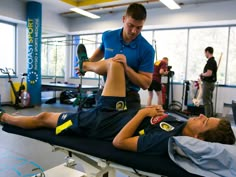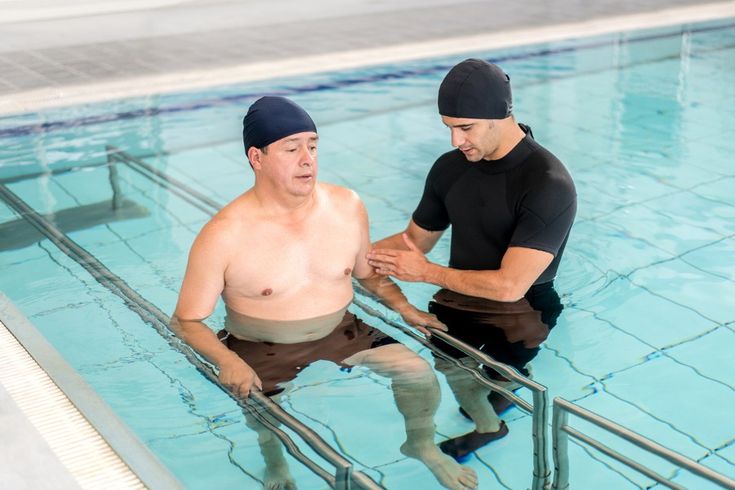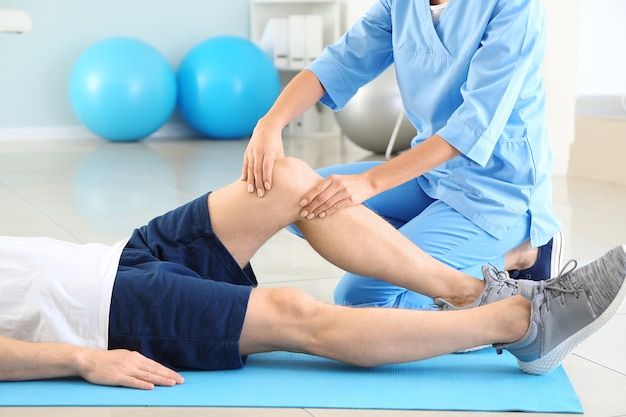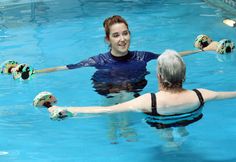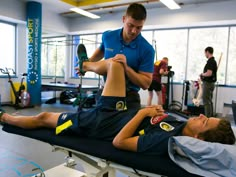Expert Football Injury Physiotherapy in London | Fast & Targeted Recovery
Football Injury Physiotherapy in London
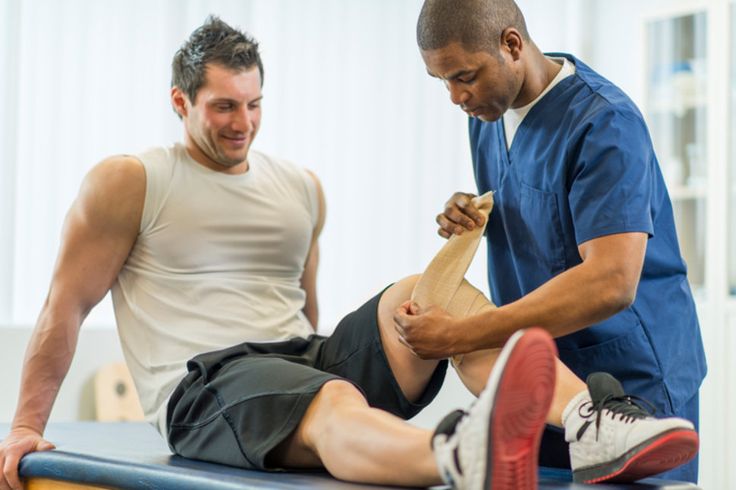
Sports physiotherapy is a highly specialised branch of physiotherapy dealing with injuries related to athletes, including football injury physiotherapy in London. From broken metatarsals to dislocated shoulders, proper physiotherapy in London can help you recover from a host of injuries you might get on the football field. Below are just some of those injuries:
Dislocated shoulder
Colliding with another player or falling can cause your arm to be forced or pulled from its joint, dislocating it. Intensive physiotherapy will follow any surgical stabilisation your doctor might do. You and your sports physiotherapist will work on regaining flexibility and muscle strength to lower the risk of another dislocation in the future. Recovery can take anywhere from 2-6 months.
Groin strain
When the adductor muscles (located on the inside of your thighs) are stretched beyond their limit, they tear and cause groin strain. This can happen when you do side steps or stretch for the ball. Immediate treatment involves“protection, rest, ice, compression and elevation” (PRICE protocol) to reduce swelling and bleeding. This will be followed by sports physiotherapy, which may involve gentle stretching, muscle strengthening and soft tissue work.
Hamstring strain
Your hamstrings refer to the group of four muscles at the back of your thigh. Overstretching during rapid and explosive movements (such as sprinting) can cause them to tear. After the PRICE protocol, you might need to undergo sports physiotherapy involving soft tissue work, gentle stretching, and muscle strengthening.
Broken metatarsal
The metatarsals refer to bones in the feet that sometimes break because of excessive contact, rotational force, and overuse in football. You might need to wear an air-cast boot to take the weight off the foot and let it heal. Your sports physiotherapist will work with you to maintain your fitness, balance and coordination as well as your muscle movement and strength as you recover.


